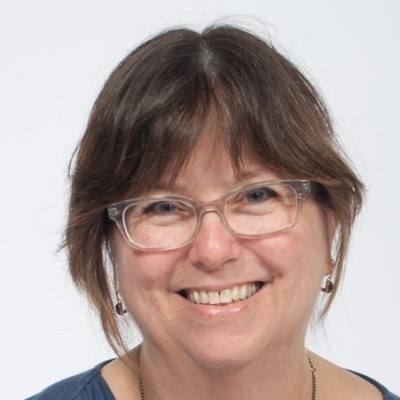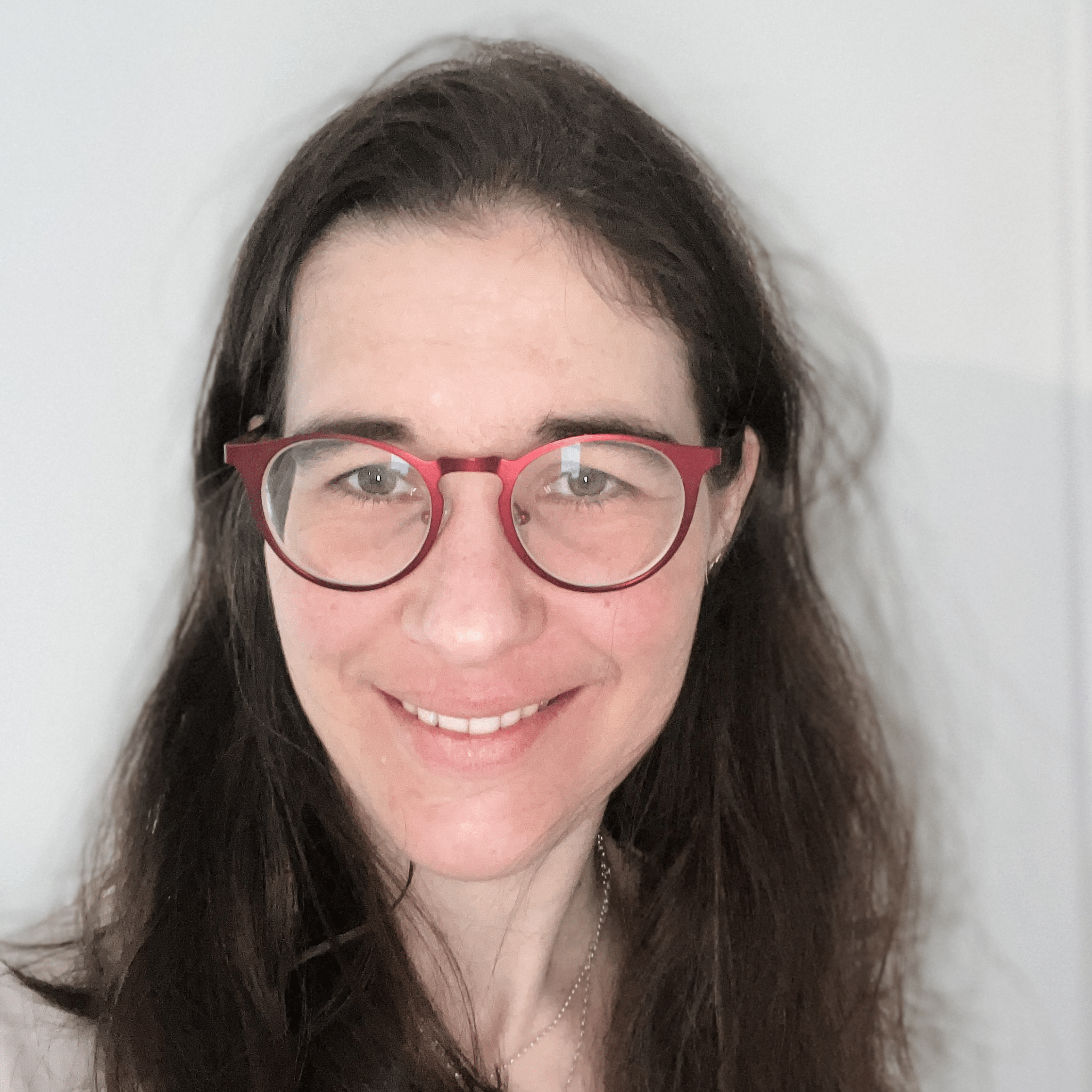
Hélène Draux is a Senior Data Scientist at Digital Science. She creates bespoke bibliometrics analyses and visualisations for clients in the research sector, using data from the Digital Science portfolio (e.g. Dimensions, Altmetric, Figshare, Elements, IFI Claims, and GRID), clients’ data and external data (e.g. MeSH API or ResearchFish).
Her specialties include gender analyses, geographic analyses, topic modelling, network analyses, and interactive visualisations. She has published a book chapter on Visualisation of Research Metrics, her work was featured in Nature, and during the pandemic she has published a peer reviewed article about the speed of publishing and gender differences in publication.
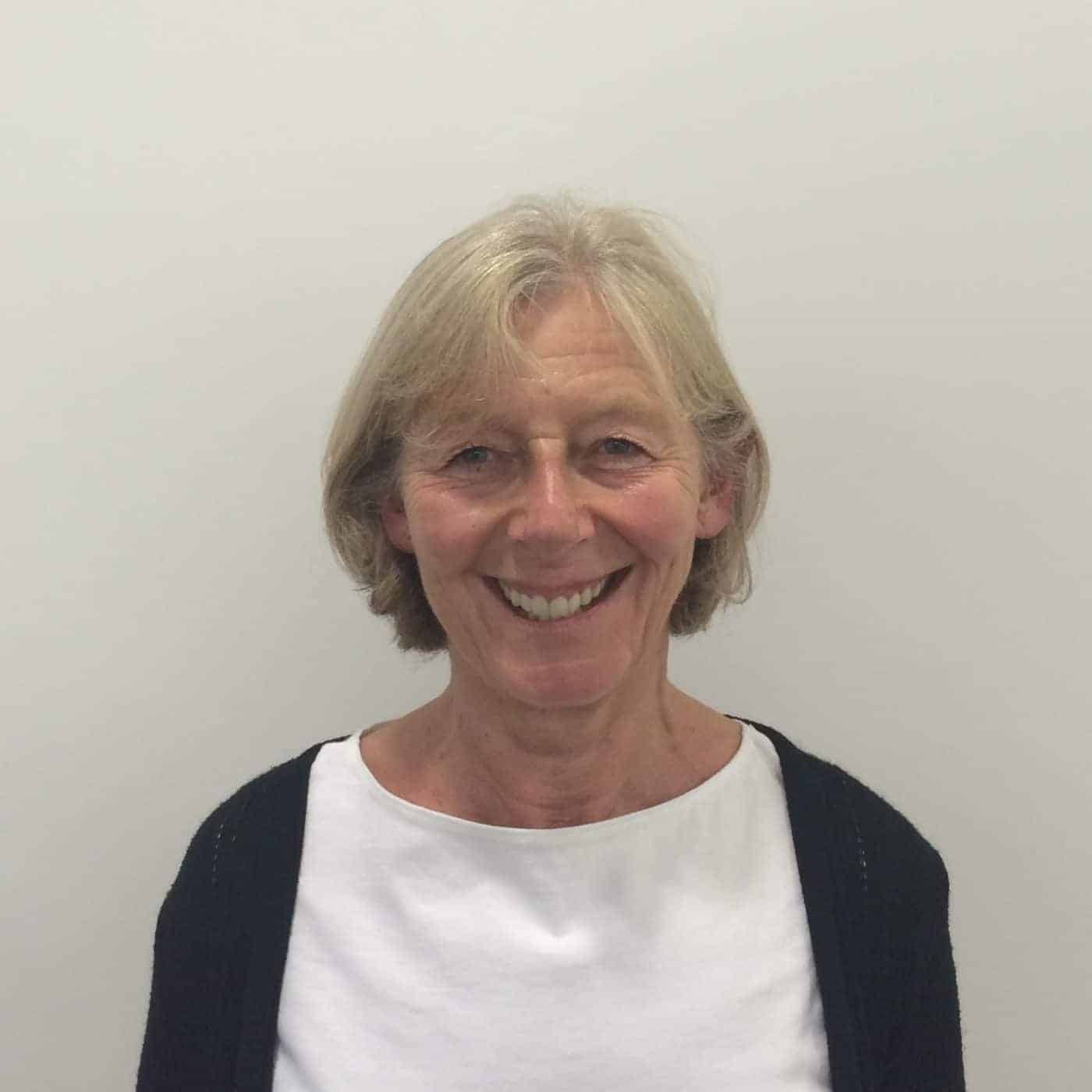
Briony Fane is Director of Researcher Engagement, Data, at Digital Science. She gained a PhD from City, University of London, and has worked both as a funded researcher and a research manager in the university sector. Briony plays a major role in investigating and contextualising data for clients and stakeholders. She identifies and documents her findings, trends and insights through the curation of customised in-depth reports. Briony has extensive knowledge of the UN Sustainable Development Goals and regularly publishes blogs on the subject, exploring and contextualising data from Dimensions.
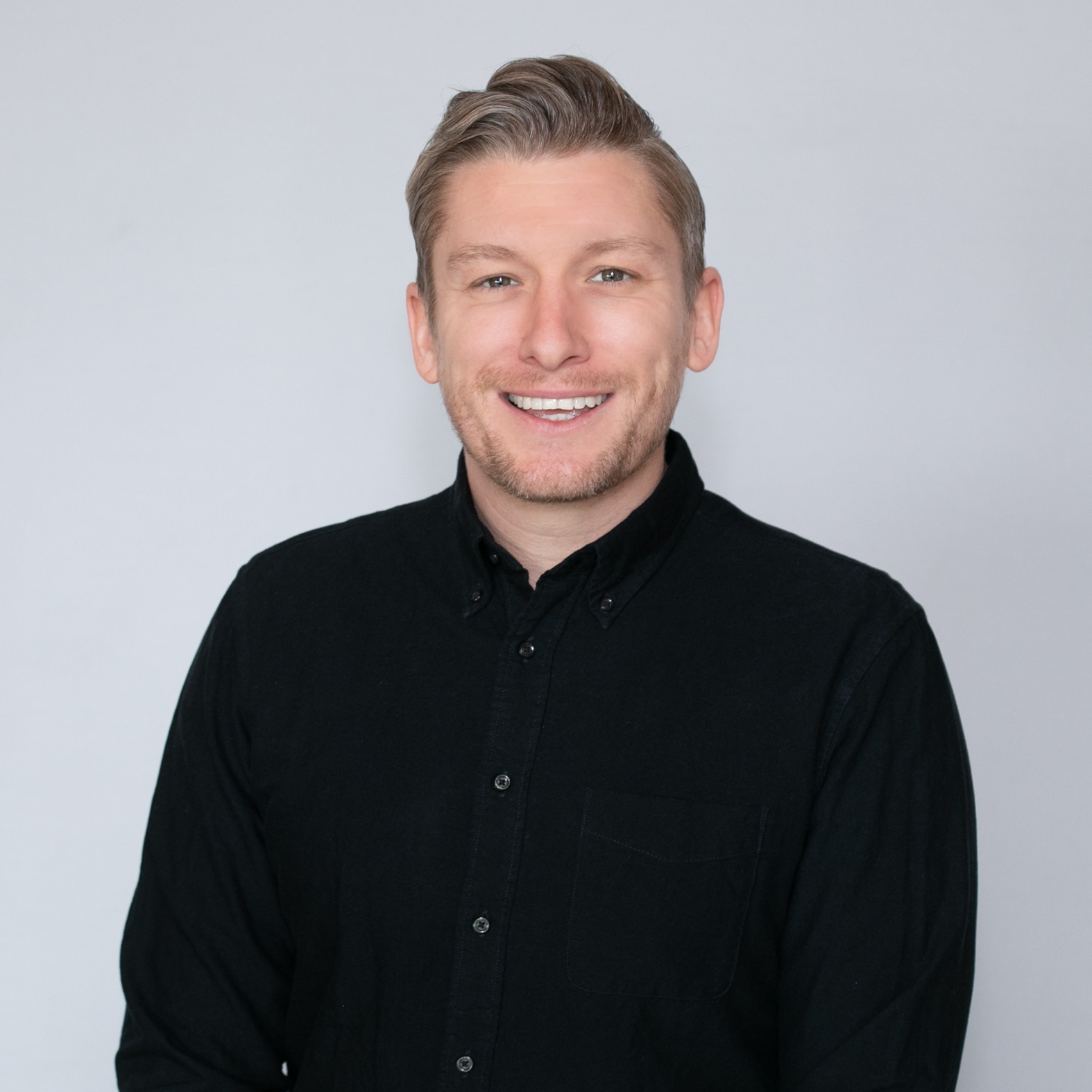
Mark Hahnel is the VP Open Research at Digital Science. He is the founder of Figshare, which he created while completing his PhD in stem cell biology at Imperial College London. Figshare currently provides research data infrastructure for institutions, publishers and funders globally. He is passionate about open science and the potential it has to revolutionize the research community. Mark sits on the board of DataCite and the advisory board for Directory of Open Access Journals (DOAJ). He was on the judging panel for the National Institutes of Health (NIH), Wellcome Trust Open Science prize and acted as an advisor for the Springer Nature master classes.
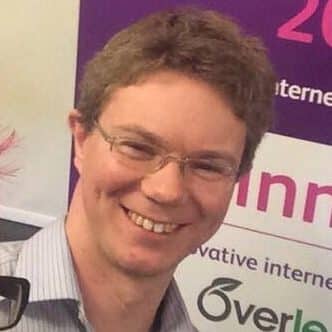
John Hammersley has always been fascinated by science, space, exploration and technology. After completing a PhD in Mathematical Physics at Durham University in 2008, he went on to help launch the world’s first driverless taxi system now operating at London’s Heathrow Airport.
John and his co-founder John Lees-Miller then created Overleaf, the hugely popular online collaborative writing platform with over eleven million users worldwide. Building on this success, John is now championing researcher and community engagement at Digital Science.
He was named as one of The Bookseller’s Rising Stars of 2015, is a mentor and alumni of the Bethnal Green Ventures startup accelerator in London, and in his spare time (when not looking after two little ones!) likes to dance West Coast Swing and build useful things out of wood!
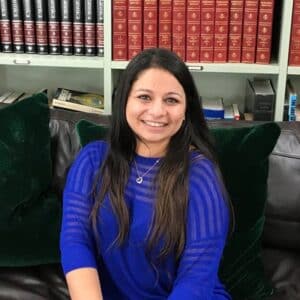
Suze Kundu (pronouns she/her) is a nanochemist and a science communicator. Suze is Director of Researcher and Community Engagement at Digital Science and a Trustee of the Royal Institution. Prior to her move to DS in 2018, Suze was an academic for six years, teaching at Imperial College London and the University of Surrey, having completed her undergraduate degree and PhD in Chemistry at University College London.
Suze is a presenter on many shows on the Discovery Channel, National Geographic and Curiosity Stream, a science expert on TV and radio, and a science writer for Forbes. Suze is also a public speaker, having performed demo lectures and scientific stand-up comedy at events all over the world, on topics ranging from Cocktail Chemistry to the Science of Superheroes.
Suze collects degrees like Pokémon, the latest being a Masters from Imperial College London that focused on outreach initiatives and their impact on the retention of women engineering graduates within the profession.
Suze is a catmamma and in her spare time loves dance and Disney, moshing and musical theatre.
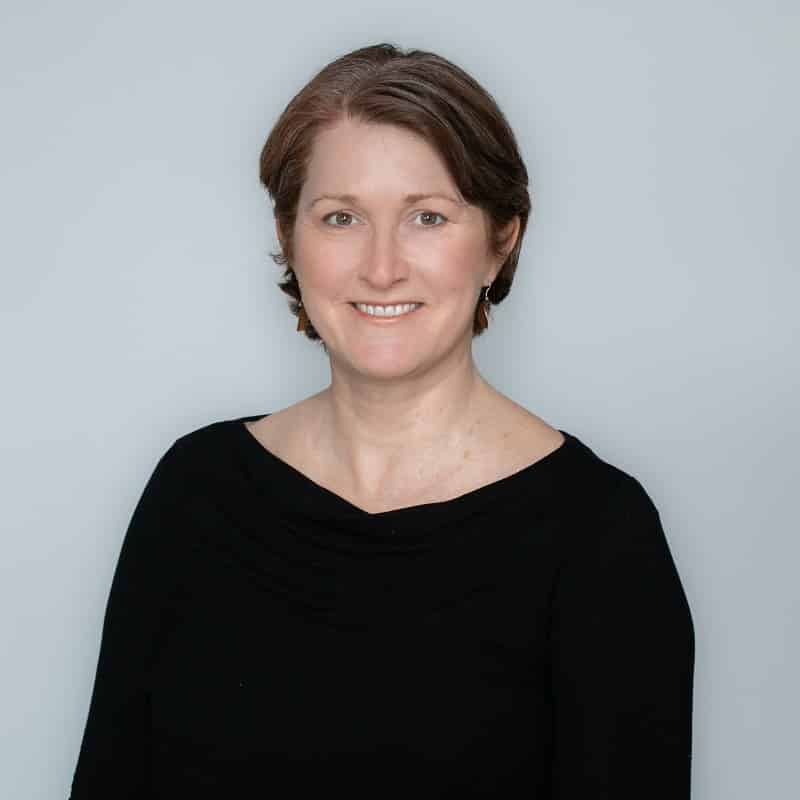
Dr Leslie McIntosh PhD, MPH is the VP of Research Integrity at Digital Science and dedicates her work to improving research and investigating and reducing mis- and disinformation in science.
As an academic turned entrepreneur, she founded Ripeta in 2017 to improve research quality and integrity. Now part of Digital Science, the Ripeta algorithms lead in detecting trust markers of research manuscripts. She works around the globe with governments, publishers, institutions, and companies to improve research and scientific decision-making. She has given hundreds of talks including to the US-NIH, NASA, and World Congress on Research Integrity, and consulted with the US, Canadian, and European governments.
Dr. McIntosh’s work was the most-read RetractionWatch post of 2022.
Now based in London, Dr McIntosh holds a Master’s and PhD in public health with concentrations in biostatistics and epidemiology from Saint Louis University, and a Certificate in Women’s Leadership Forum from Washington University Olin’s School of Business.
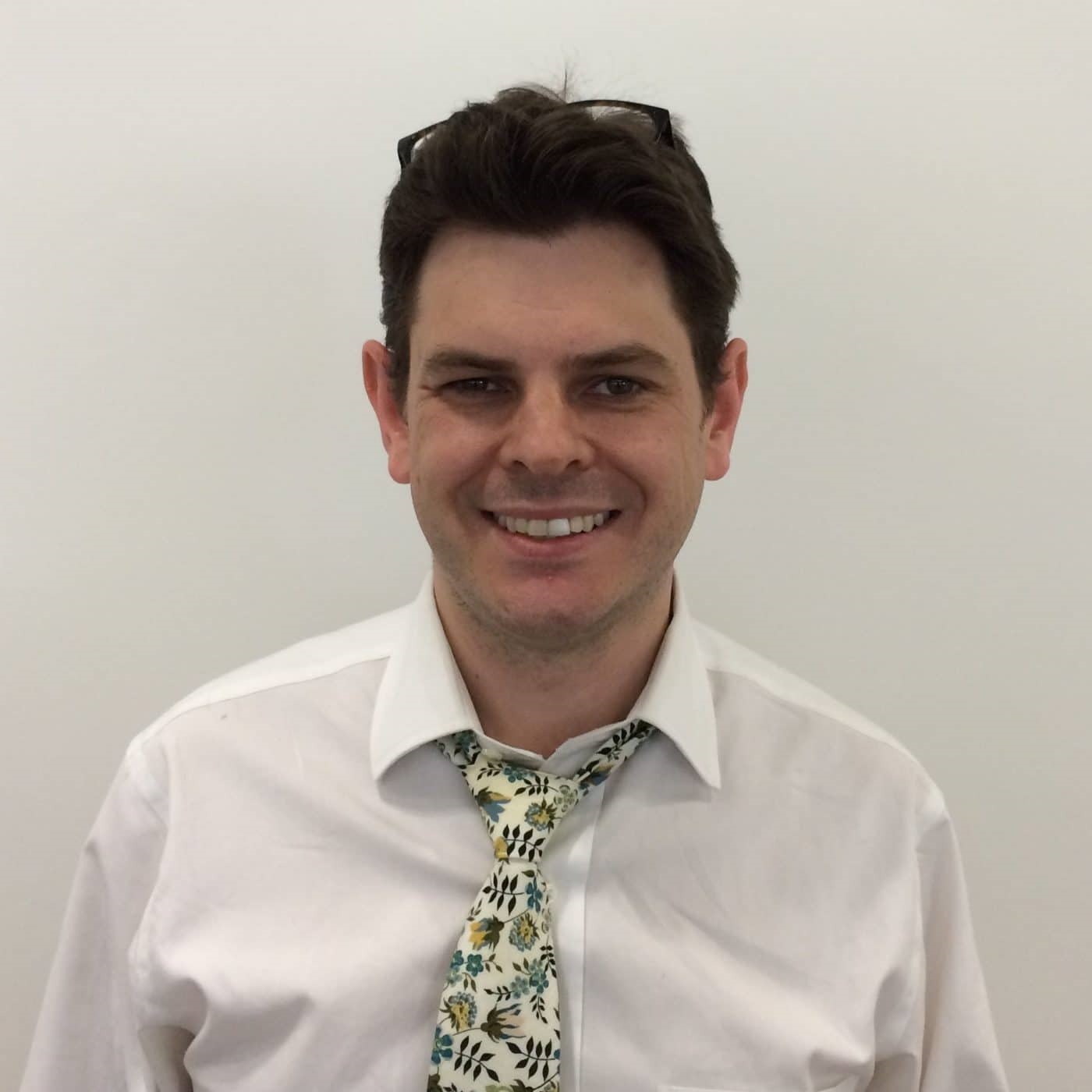
Simon Porter is VP of Research Futures at Digital Science. He has forged a career transforming university practices in how data about research is used, both from administrative and eResearch perspectives. As well as making key contributions to research information visualization, he is well known for his advocacy of Research Profiling Systems and their capability to create new opportunities for researchers.
Simon came to Digital Science from the University of Melbourne, where he worked for 15 years in roles spanning the Library, Research Administration, and Information Technology.
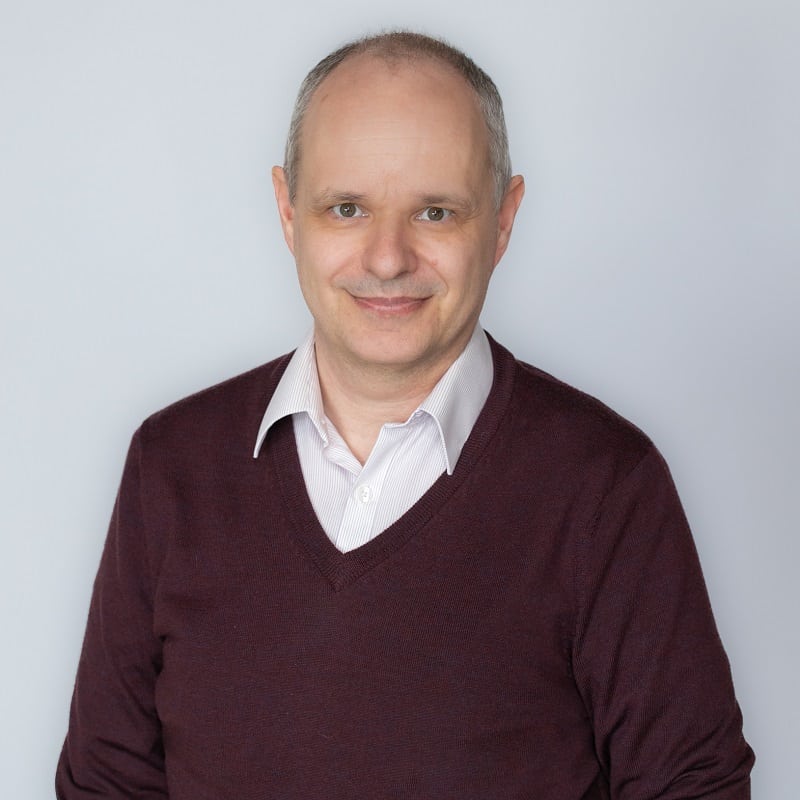
A Molecular Biologist & Biochemist by training, I slowly grew into project management and strategy in Industry and Higher Education. As leader of the Digital Science Consultancy team, I will expand the range of activities with which the Consultancy team engages. Our team of data scientists, developers and subject matter experts numbers over 80 across the Digital Science portfolio and already supports research institutions, funders, governments and other institutions aligned to research to make more and better use of data to inform their strategies and decisions.
Previously I headed the Research Information team at the University of Cambridge with responsibilities for managing and implementing software tools for Academics and Administrators (Symplectic, Altmetric, Dimensions, Research Professional, ORCID and VIVO), provision of analysis (including network and collaboration analysis) for Collegiate Cambridge and acted as Deputy REF Manager.
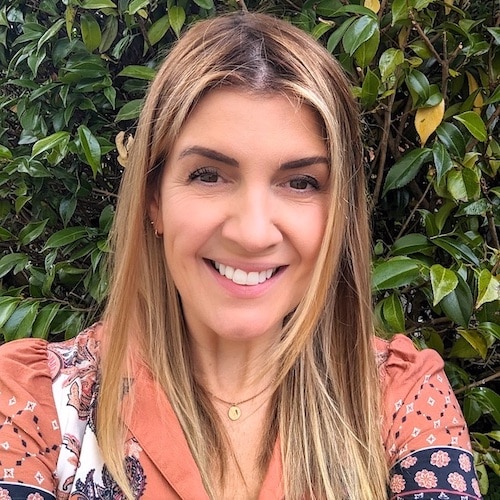
Ann Campbell serves as a Technical Solutions Manager with Digital Science, where she specializes in Dimensions & Altmetric data extractions and integrations. With a background spanning 16 years in the university sector, Ann has expertly implemented several research information and management systems and has successfully integrated data from these systems, creating key data ecosystems that have provided holistic and comprehensive views of the institution’s research landscape. Ann has extensive working knowledge in identifying and using data to evidence research impact, research assessment, diversity and inclusion, and contribution towards the UN SDGs. She has played a lead role in data preparation for a number of REF Assessments, Diversity and Inclusion charters and other mandatory submissions.
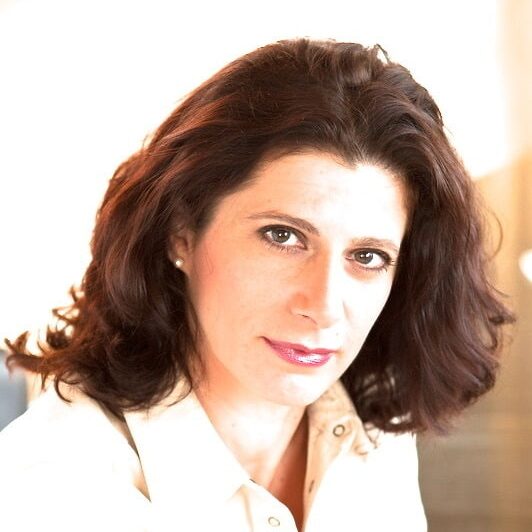
As a stress counsellor and wellbeing trainer, Danielle developed her own well-being concept, Equillbrium4Wellbeing, which is based on Cognitive Behavioural Therapy, Mindfulness and Yoga. She leads the well-being programme at Digital Science and runs workshops on stress management and well-being in the UK as well as in German-speaking countries. Her programmes support employees’ mental well-being, helping them to shift from ‘coping’ to ‘thriving’.
Previously, Danielle had a long career in research development at the University of Cambridge where she gained extensive experience in fundraising and managing international research projects. In addition, she had the opportunity to coach researchers and academics and has established a mentoring programme for early-career researchers.
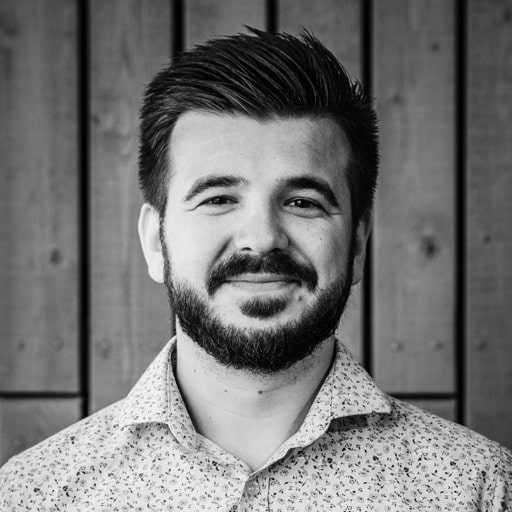
A Mihai Gherghe is Product Solutions Manager, Corporate, Dimensions, Altmetric, Non-pharma/Chemistry with Digital Science.
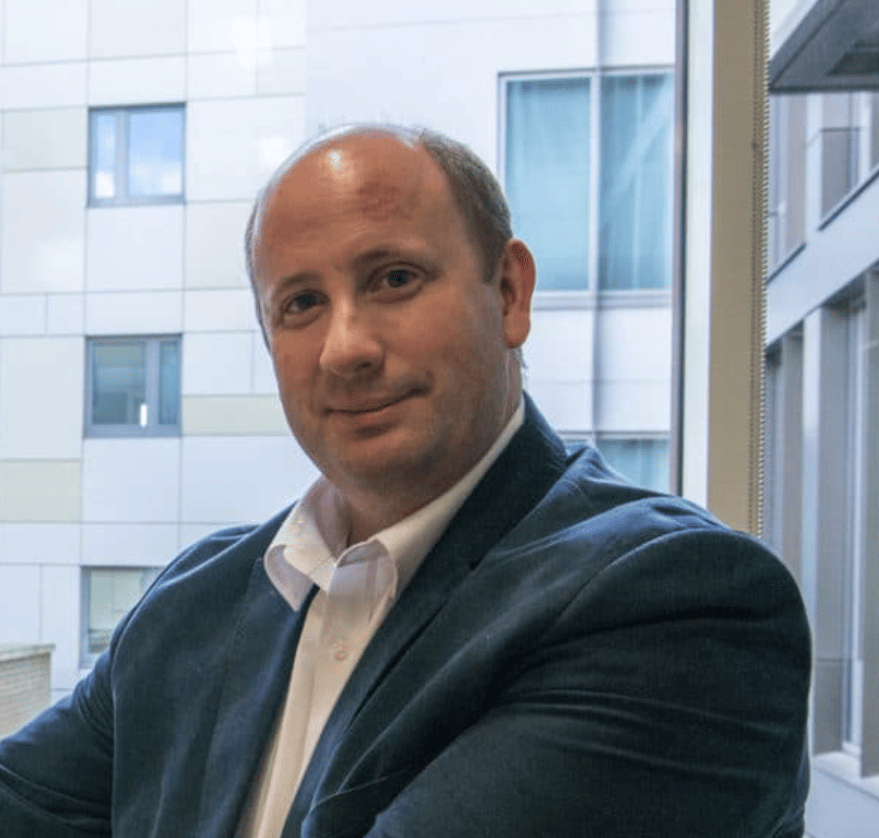
Daniel Hook is CEO of Digital Science, co-founder of Symplectic, a research information management provider, and of the Research on Research Institute (RoRI). A theoretical physicist by training, he continues to do research in his spare time, with visiting positions at Imperial College London and Washington University in St Louis.
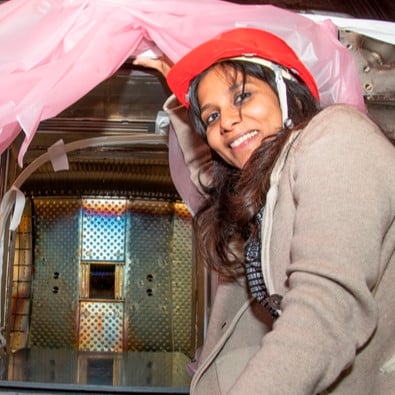
Misha Kidambi is the Scientific Communications Manager at the D&A Hub at Digital Science. She has been able to merge two of her passions — science and writing — and build a career as a science communicator. She loves stories: telling, writing, and listening to them.
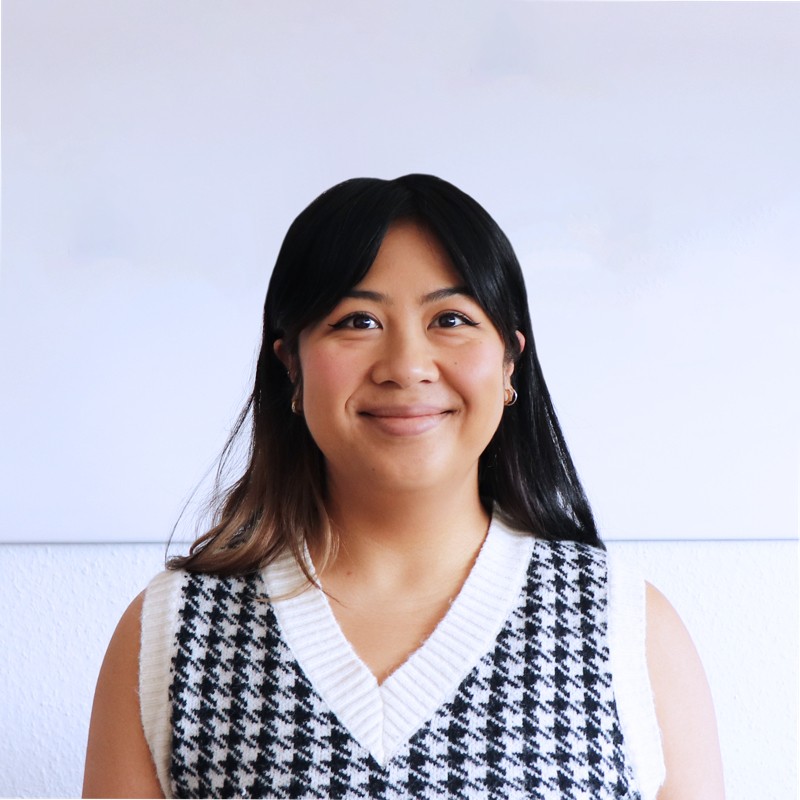
Pauline Leoncio is an experienced copywriter and content marketer with over 6+ years in marketing. She’s developed content plans and creative marketing material for growing B2B and B2C tech companies and covers a range of topics including finance, advanced tech, semantic web, food, art & culture and more.
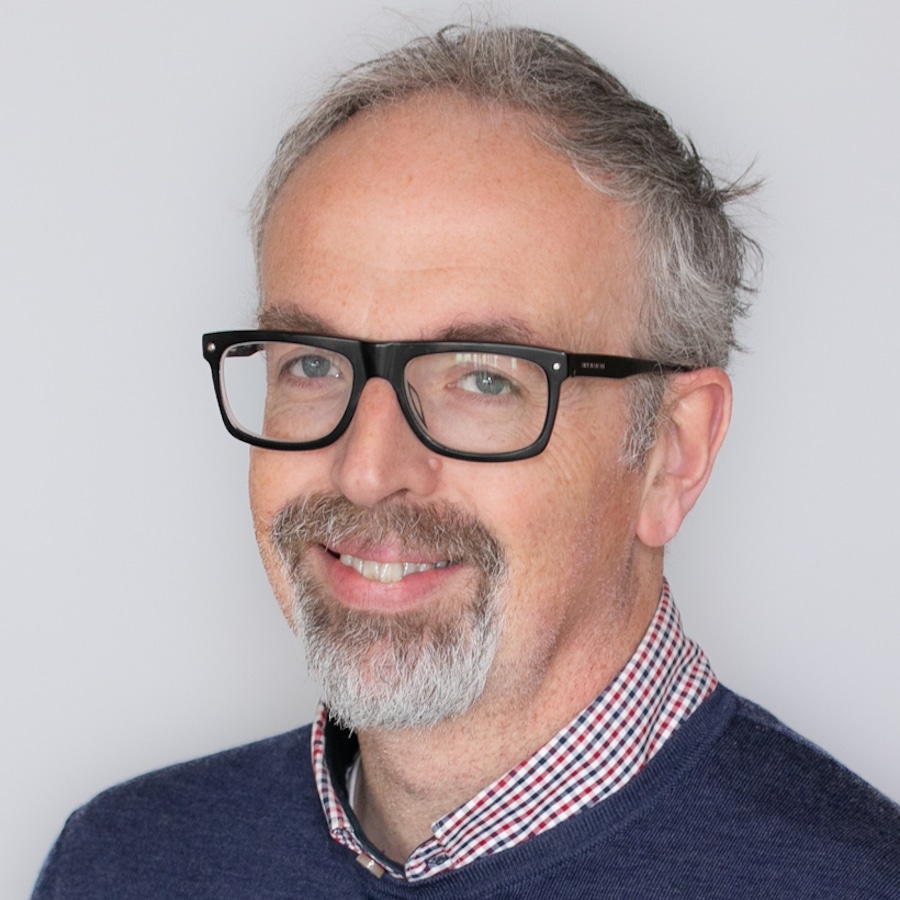
Simon is Head of Content, Brand and Press at Digital Science. He has 20 years’ experience in scholarly communications, has lectured and published on the topics of bibliometrics, publication ethics and research impact, and has recently authored a book on predatory publishing. Simon is also a COPE Trustee and ALPSP tutor, and holds Masters degrees in Philosophy and International Business.

Jessica Miles is Vice President, Strategy and Investments at Holtzbrinck Publishing Group. She leads strategic planning, mergers & acquisitions, and investments in science and technology to support the development of new products and services for advancing research and science communication. She also holds a doctorate in Microbiology from Yale University.
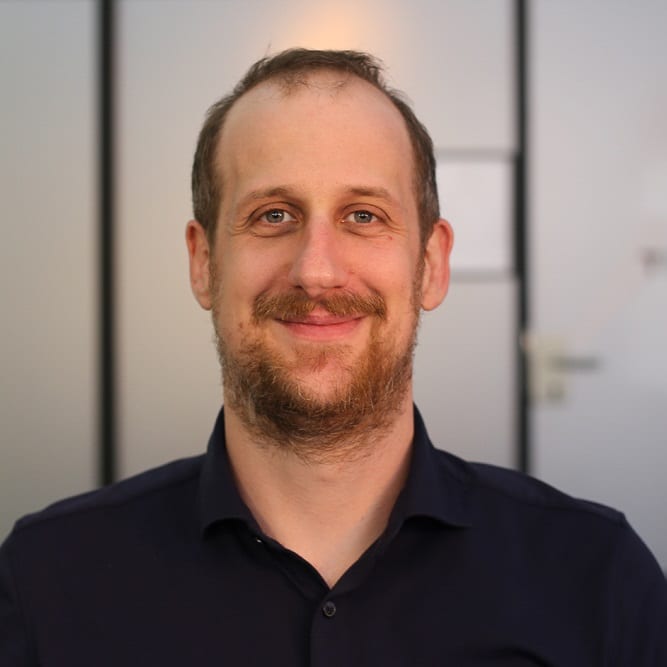
Sebastian has 20 years of experience in the IT industry throughout which he has held leading positions in software engineering, pre-sales, consulting and product management. As CEO at metaphacts, Sebastian leads customer- and partner-facing activities and is responsible for driving digital transformation initiatives with customers across Europe, North America and Asia.
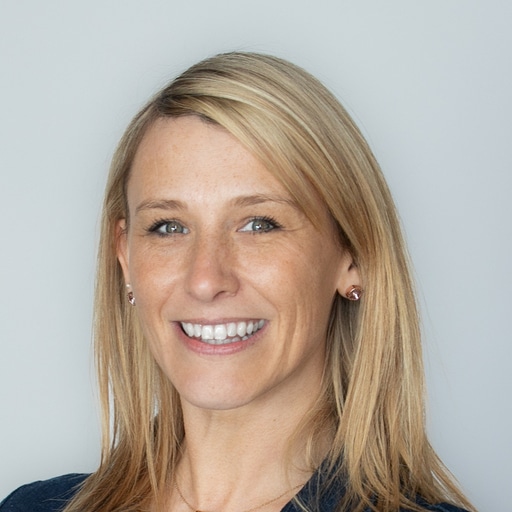
Elizabeth Smee is Product Solution Specialist with Dimensions and Altmetric at Digital Science, where she helps research organizations show the impact of their research.
Previously, Elizabeth specialized in propensity modeling of invasive vertebrate species before moving into research management and strategy at The University of Adelaide.
Elizabeth holds a Masters in Wildlife Health and Population Management with a focus on biodiversity health in agroecological systems from The University of Sydney.
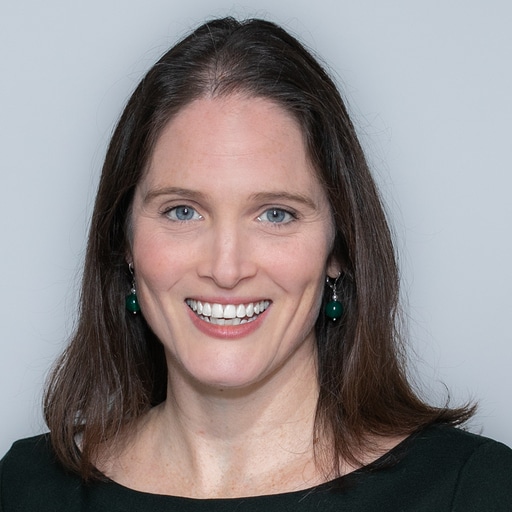
Kathryn Weber-Boer is a Technical Product Specialist at Digital Science working with Altmetric and Dimensions solutions. She consults, advises, and collaborates with clients and colleagues to find creative, data-based answers to pressing questions. Her technical expertise includes the Dimensions and Altmetric APIs, analytics in Google BigQuery, and a wide range of data visualization tools.
Trained as a social scientist (AM, University of Chicago) in archaeological anthropology (MA, Cornell University) and geographic information systems (DePaul University), Kathryn’s research has focused on the impact of human-animal relationships on sociopolitical order. Her publications include an account of the orientalist underpinnings of Russian national identity, within a broader look at the social construction of the past.
Kathryn has experience in university administration ranging from grants preparation to research evaluation, and in this capacity, contributed to a transforming contemporary university library. Her recent work has looked at the importance of collaboration between social sciences and STEM research in the context of the UK, the role of mentorship on open access publishing practices, and the growing use and reuse of shared research data.
As a computational social scientist, Kathryn is dedicated to finding responsible ways to show the myriad successes of research and researchers, exploring how non-traditional metrics can help us better understand the use and perception of research, and focusing attention on research integrity to strengthen public trust in research.
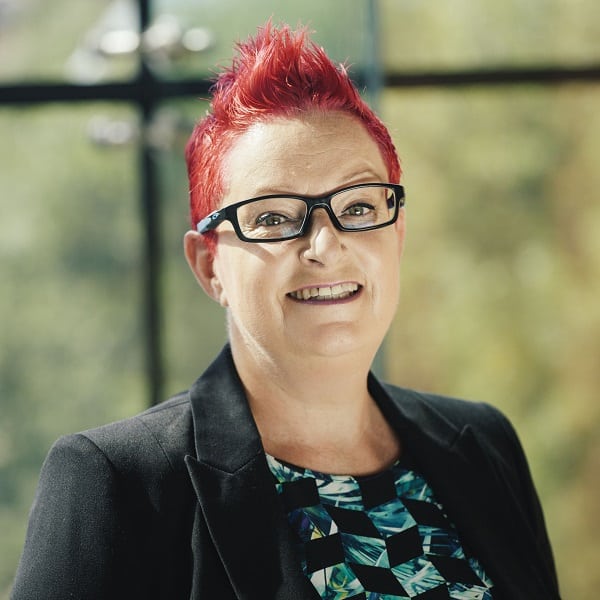
A multi award winning Computer Scientist, Technology Evangelist and Digital Skills Expert, Professor Sue Black was awarded an OBE for “services to technology” in the 2016 Queen’s New Year’s Honours list. She is Professor of Computer Science and Technology Evangelist in the Department of Computer Science at Durham University, a UK government advisor, thought leader, Trustee at Comic Relief, social entrepreneur, writer and public speaker.
Sue set up the UK’s first online network for women in tech BCSWomen in 1998 and led the campaign to save Bletchley Park, home of the WW2 codebreakers. Sue’s first book Saving Bletchley Park details the social media campaign she led to save Bletchley Park from 2008-2011. Sue has championed women in tech for over two decades, founding the #techmums social enterprise in 2013 and the pioneering TechUPWomen retraining underserved women into tech careers in 2019.
Passionate about technology as an enabler Sue didn’t have a traditional start to her career. She left home and school at 16, married at 20 and had 3 children by the age of 23. A single parent at 25 she went to university, gained a degree in computing then a PhD in software engineering. Sue now has 4 children and 6 grandchildren.
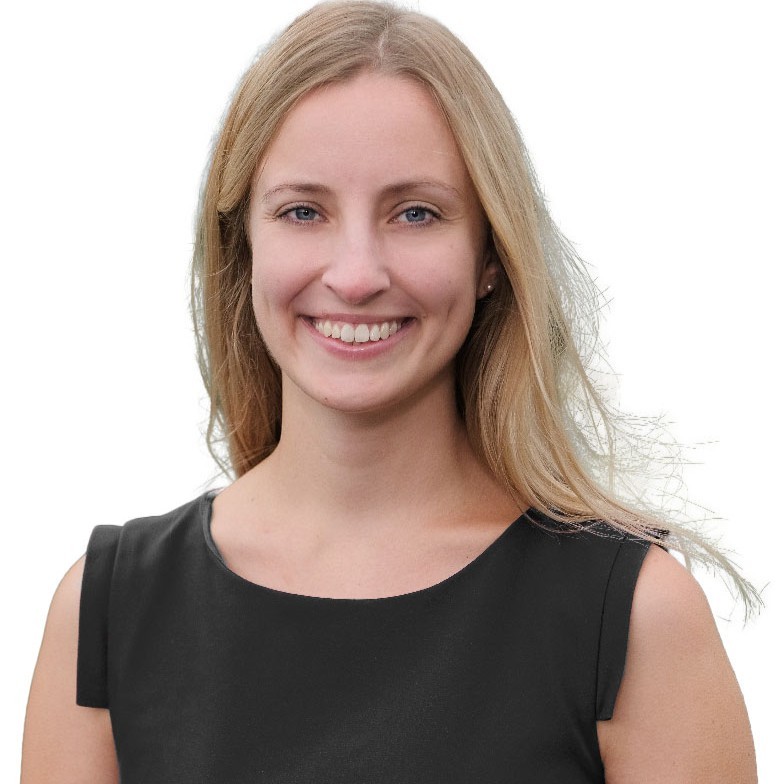
Recently, Elisabeth finished her PhD in Economics at the University of St. Gallen (HSG) in Switzerland. As a prime example of procrastination, she has co-founded ConcentrAid together with a fellow PhD student to avoid working on her thesis. Now ConcentrAid helps researchers to stay productive and get connected with colleagues within and across fields.
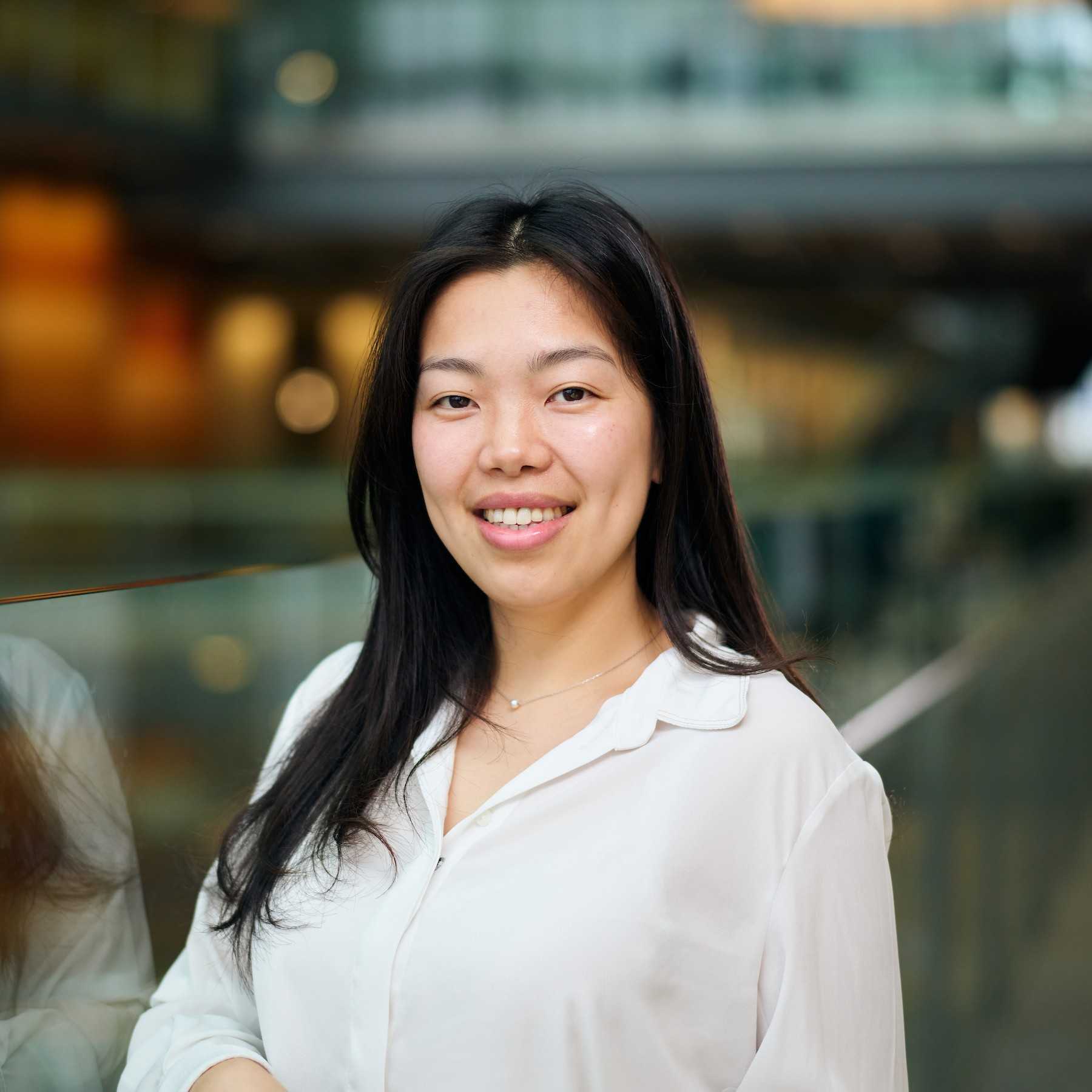
Hui Gong is a neuroscientist in the Prieto-Godino lab at The Francis Crick Institute in London.
Hui graduated from UCL with a MSci Natural Sciences degree where she pursued two streams: Medical Physics and Brain Behaviour and Cognition. Her interests in Neuroscience pushed her to complete a Master’s research project focussed in determining the role of brain capillary pericytes in conditions of stroke, carried out in the lab of David Attwell at UCL. Before that she also had experiences in Molecular Neuroscience and Computational Neuroscience through short internships. As a PhD student in the lab she studies the evolution of odour coding and navigational strategies in closely related Drosophila species.
She also loves public engagement with science, and is one of the London speakers for Soapbox Science 2023.
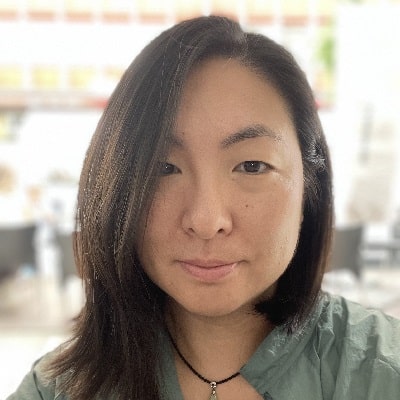
Joyce Kao is an experienced project & program manager with many years of experience managing projects ranging from life science research, community building, web development, and digitalization. Currently, she is a Senior Project Manager at the Innovation Center for Digital Medicine at the University Hospital in Aachen.
Being passionate about open innovation and collaborative communities, Joyce has been at the start of many grassroots Open Science initiatives as a social entrepreneur. Her current endeavor is the Digital Research Academy, where she is a co-founder. DRA is a community-first initiative building a network of trainers that provides training in open science, data literacy, and research software engineering for the research community. Previous to this, she was the co-founder of the Swiss-based Open Innovation in Life Sciences Association that creates awareness of Open Science among early career researchers.
Joyce is also a mentor and expert in the OLS Open Seeds program training Open Science Ambassadors and serves on the Advisory Board of The Science Ambassador Scholarship, which runs a competition every year to award a full-tuition scholarship for women and non-binary students in STEM in the United States.
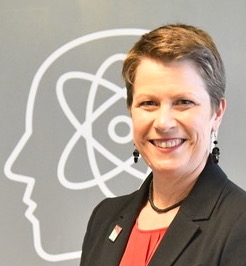
Dr Danny Kingsley is an Australian-based thought leader in the international scholarly communication space. She commenced in the position of Community Manager for the Southern Hemisphere at OAPEN in August 2023. She has consulted for multiple Australian universities since returning from the UK where she worked as the Deputy Director of Cambridge University Libraries from 2015-2019. Her research as a Visiting Fellow at the Australian National Centre for the Public Awareness of Science, at ANU, centres on scholarly communication, including the academic reward structure, scholarly infrastructure and open access advocacy. She established Open Access Australasia in 2013. She sits on multiple committees, including the Australian Academy of Science National Committee for Data in Science and the FORCE11 Board of Directors.
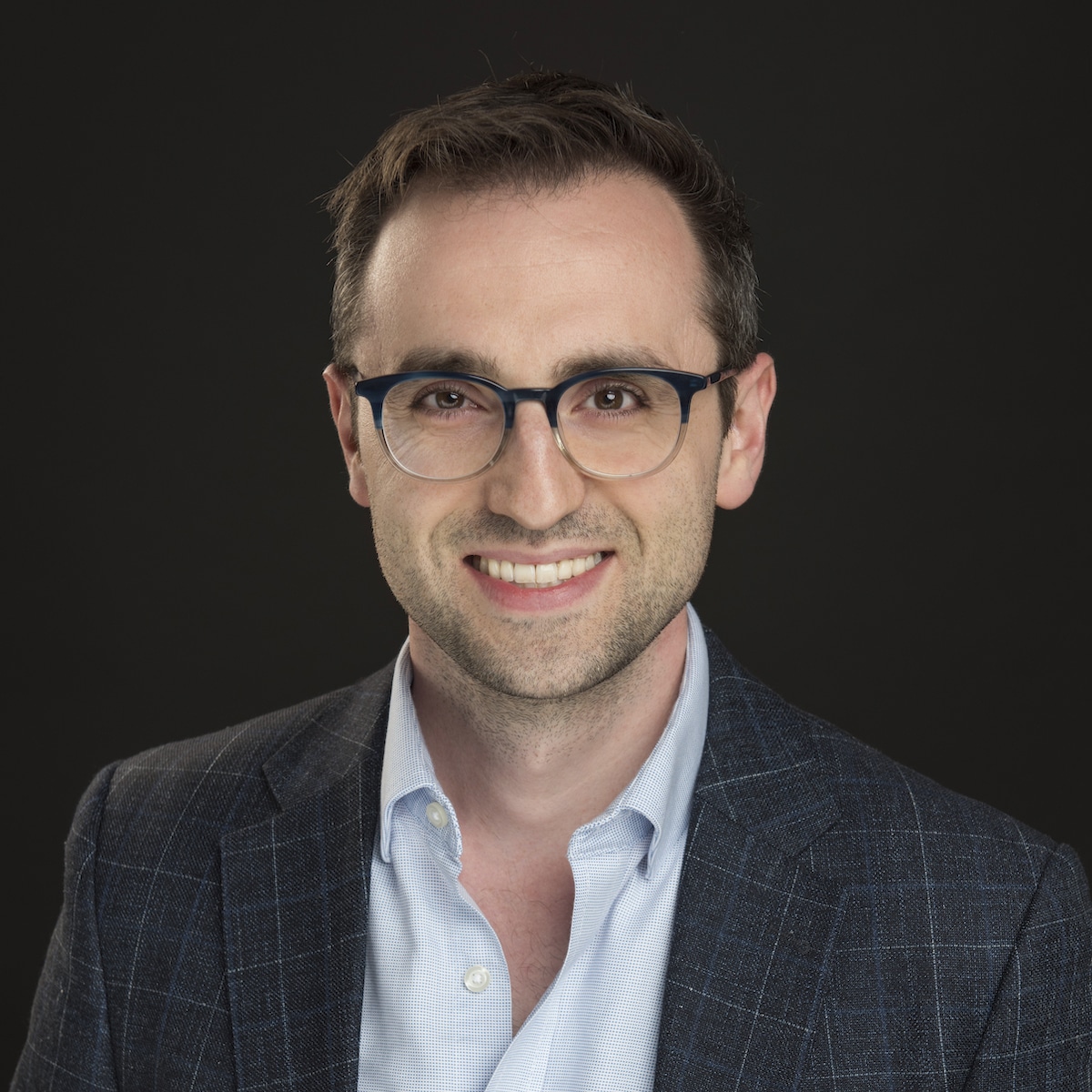
Mikhail Klassen is a data scientist and entrepreneur with a B.Sc. in applied physics from Columbia University and a Ph.D. in computational astrophysics from McMaster University. He cofounded Paladin AI, an applied artificial intelligence startup that builds adaptive training solutions for the aerospace sector. He is also the co-author of the data mining textbook Mining the Social Web (3rd Ed.), published by O’Reilly Media.
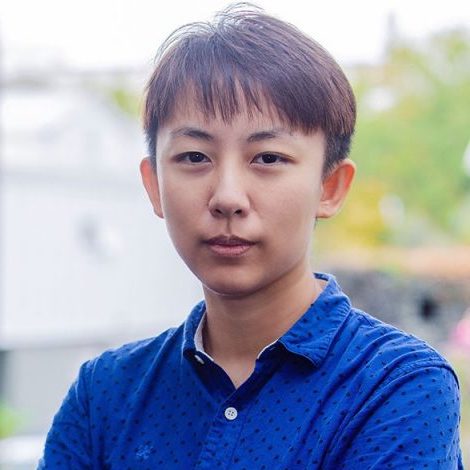
Dr Jingwen Mu is the Director of Institutional Research and Strategic Planning at Hong Kong Baptist University. She leads the effort to spearhead the use of business intelligence and analytics to support the advancement of the University and the implementation of its strategic plan. She is a university rankings expert and has been closely involved in a wide array of ranking and benchmarking initiatives. She is currently a member of the QS Rankings Advisory Board and a member of the Times Higher Education Impact Rankings Advisory Board. She has been consulting for the World Bank on the Sub-Saharan Africa Benchmarking Initiative since 2015. Prior to her current role, Jingwen served as the Senior Global Strategy Advisor to the Vice-Chancellor and Strategic Planning Manager at the University of Auckland, New Zealand, and led the Auckland Sustainable Development Goals (SDGs) mapping initiative. She headed the consulting team at ShanghaiRanking Consultancy from 2015 to 2018, and was responsible for developing ShanghaiRanking’s consulting frameworks and leading the consulting initiatives across universities in China and overseas.
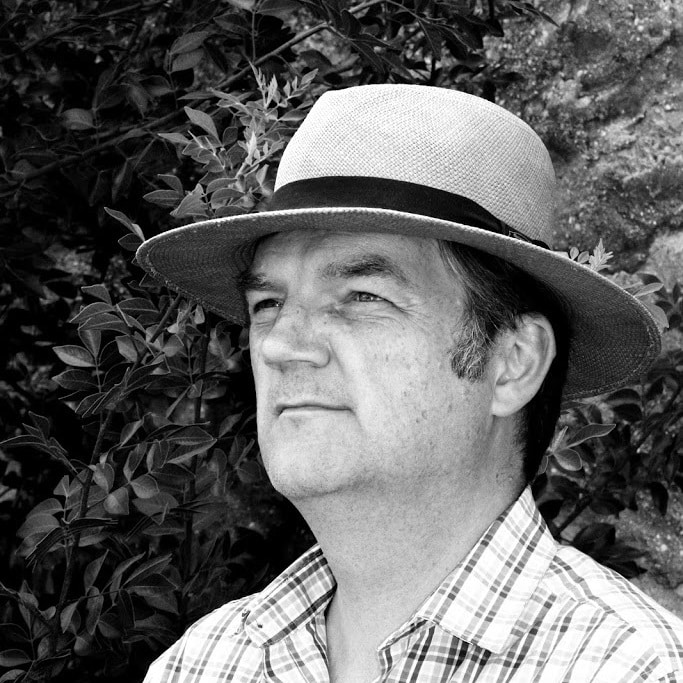
Professor Rudolf Römer is head of the research group “Disordered Quantum Systems” (DisQS) at the University of Warwick (UK). He was Director of Warwick’s former Centre for Scientific Computing (2005/07-2010); organizer of the PhysicsDays (2010-2015); and chair of the departmental research committee (2015-2020). He is also editor-in-chief of Physica E (Nanostructures and low dimensional systems) and on the editorial boards of Physics Open as well as Scientific Reports. He is currently co-editing the 2nd edition of the Encyclopedia of Condensed Matter Physics. He is author of nearly 200 scientific publications.
Rudo’s background is in theoretical condensed matter physics where he studies interacting and disordered quantum many-body systems. On a day-to-day level, this means that he is using computing power to solve the famous Schrödinger equations in many different physical situations.
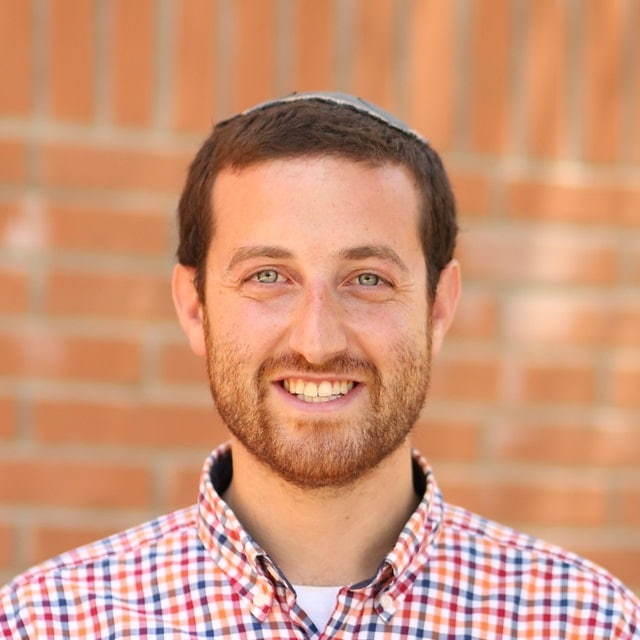
Avi Staiman is the founder and CEO of Academic Language Experts, an author services company dedicated to leveling the research playing field for ESL scholars. He is also the co-founder of SciWriter.AI, the first co-pilot that helps researchers supercharge their writing with responsible AI. Avi is involved in the scholarly publication community as a chef at Scholarly Kitchen, co-host of the New Books Network ‘Scholarly Communication’ Podcast, and a reviewer for Wiley’s Learned Publishing journal. Avi is a thought leader on AI tools for research, bridging the gap between publishers and authors and how to support and empower ESL researchers. He is a core member of CANGARU, where he represents EASE in creating legislation and policy for the responsible use of AI in research. He has been a guest lecturer at NYU’s Master’s Program in Translation & Interpreting and the University of Tokyo. His essays have appeared in the Cambridge University Press Blog, The Scholarly Kitchen, Multilingual, and Times Higher Education.
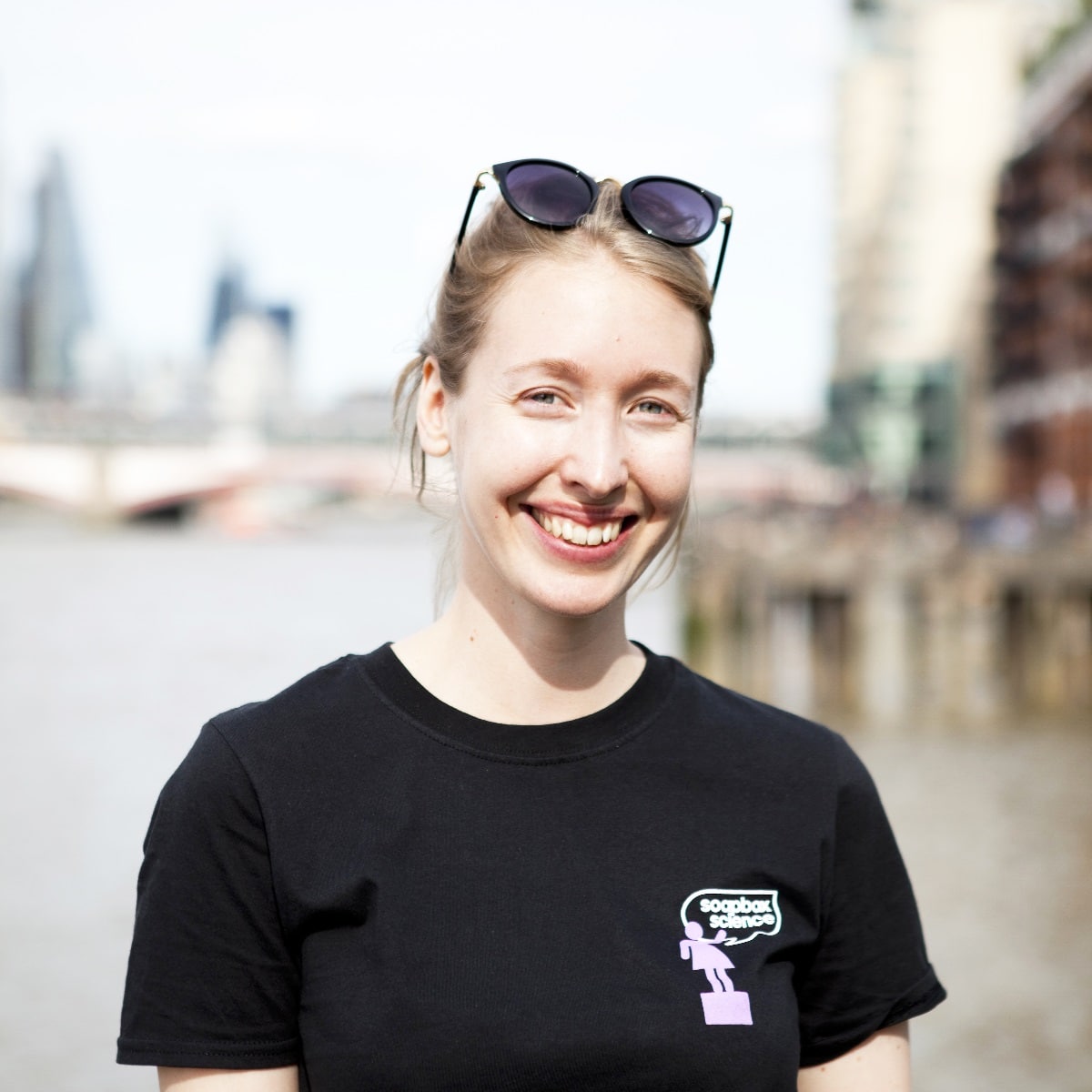
Isla is the Coordinator for Soapbox Science, an award winning science outreach project for women in science. Since its inception in 2011, Soapbox Science has showcased the work of hundreds of researchers in busy public spaces around the world, smashing stereotypes about who a scientist is and what they do. Isla’s role involves the coordination and training of all local event organising teams, managing the speaker call and digital communications. She is also the lead organiser of the Soapbox Science London event, held annual in May on the Southbank. Isla trained in Performance Design and worked for 5 years in theatre production and international arts events, meetings and networks.

